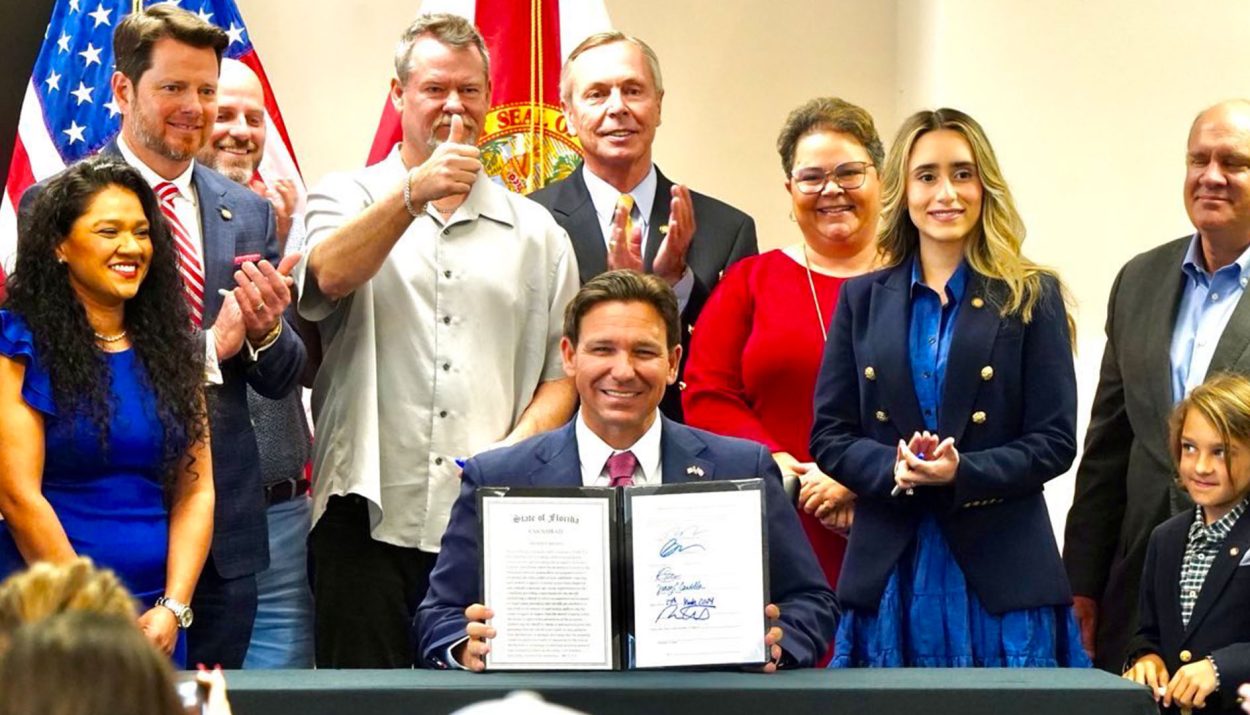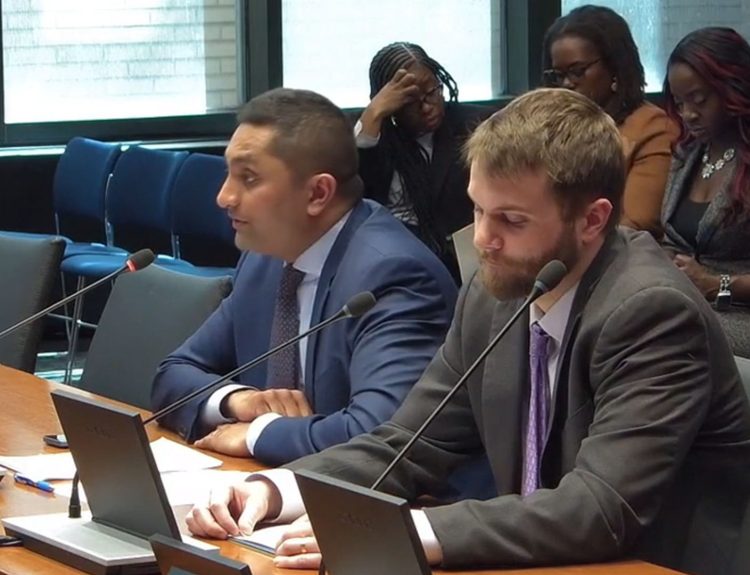Homeowners across America are finding themselves in a battle with squatters invading their properties, prompting lawmakers to take action. Patti Peeples, 61, discovered this harsh new reality last year when she found her Florida investment home wasn’t actually vacant.
A pair of squatters broke in, changed the locks, and caused damage, claiming to be rightful tenants with a phony lease, Peeples said. She filmed a confrontation where the squatters struck her and demanded she leave. But police said it wasn’t a crime—she’d have to take them to civil court.
The Growing Squatter Epidemic in the U.S.
Squatting has become an increasing problem for homeowners across America. Property owners find their vacant homes illegally occupied, and seeking help from law enforcement often provides little relief.
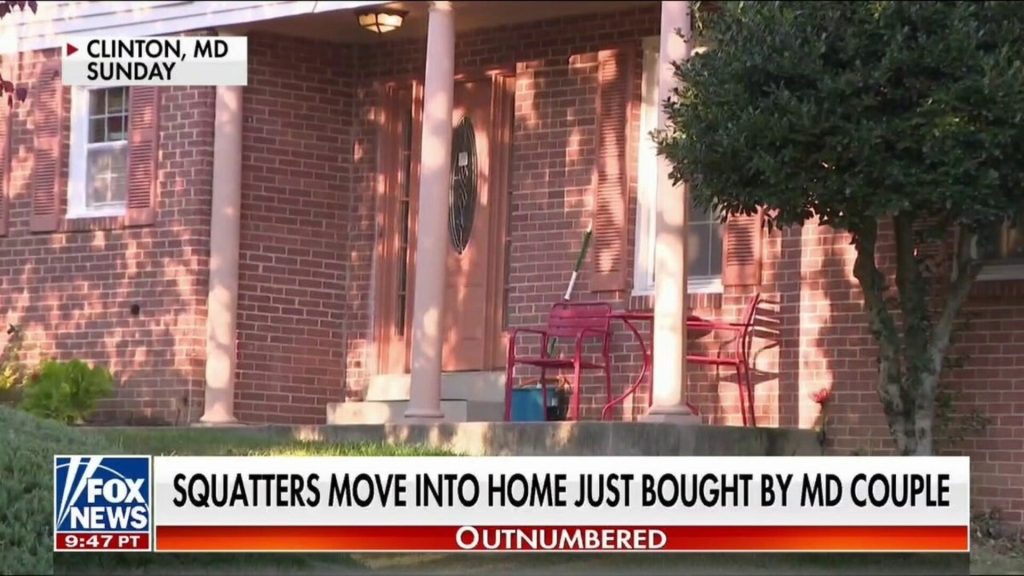
Anyone occupying a property has the rights to stay there until properly evicted through a court order, a process that can take weeks or months and cost thousands in legal fees.
Homeowners Take Action
Some homeowners aren’t waiting around for the legal system. Patti Peeples confronted alleged squatters in her Florida investment property, only to be assaulted on camera.
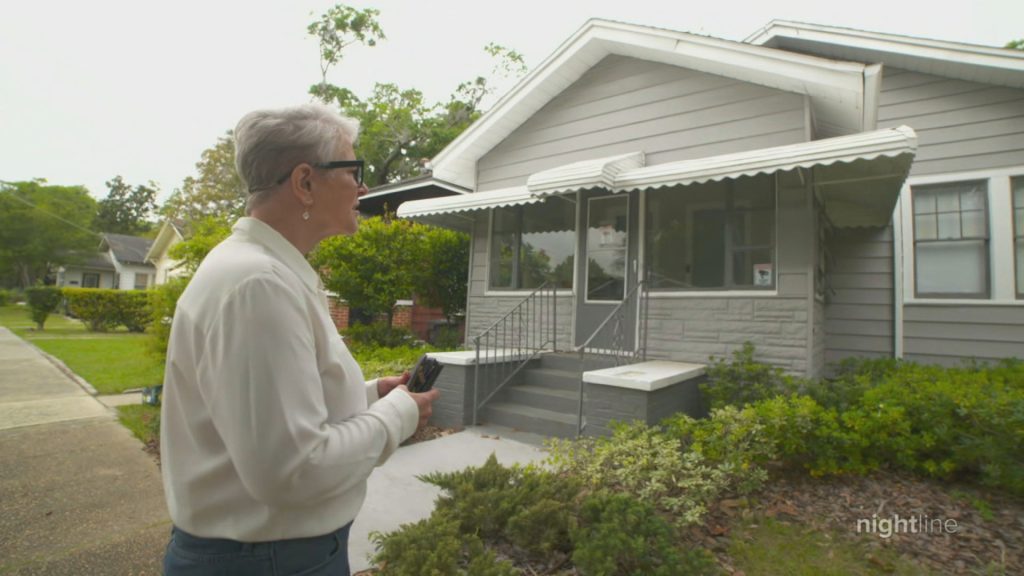
A neighborhood watch group in Los Angeles’ Studio City patrols the area and documents suspected squatters. Flash Shelton, the self-proclaimed “Squatter Hunter,” posts viral videos of himself confronting squatters across LA.
Tragic Consequences
Squatting can have tragic results. Last week, two alleged squatters in New York were arrested for murdering a woman who discovered them occupying her late mother’s apartment.
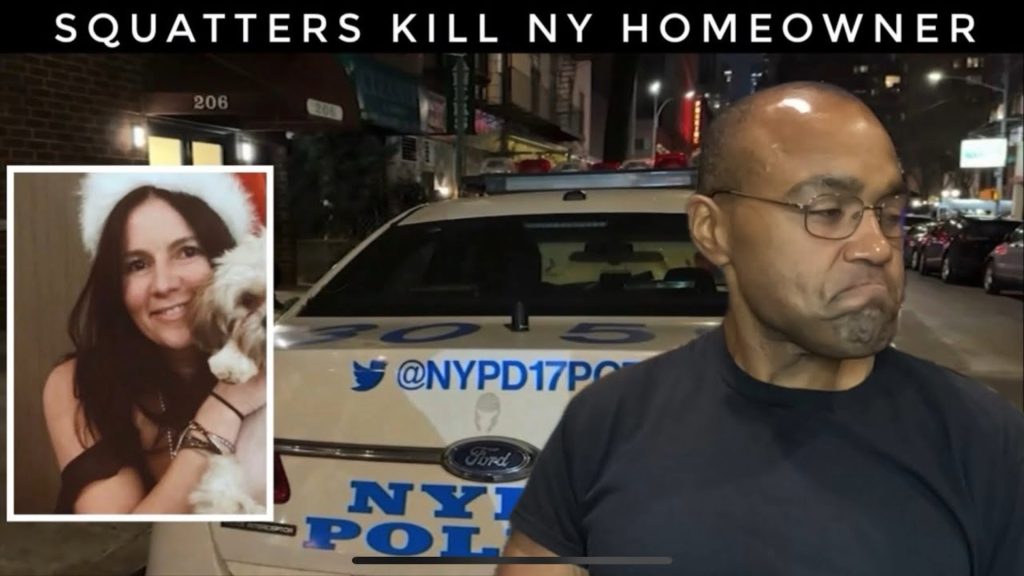
Homeowners worry such violence may spread. Lori Lowenthal, part of the Studio City neighborhood watch, says, “It’s a very different vibe” in the once-safe neighborhood.
The Legal Rights of Squatters vs. Homeowners
The laws regarding squatters’ and homeowners’ rights are complex, frustrating property owners. Squatters can claim legal rights to a property through “adverse possession” if they occupy it for a certain period, which varies by state.
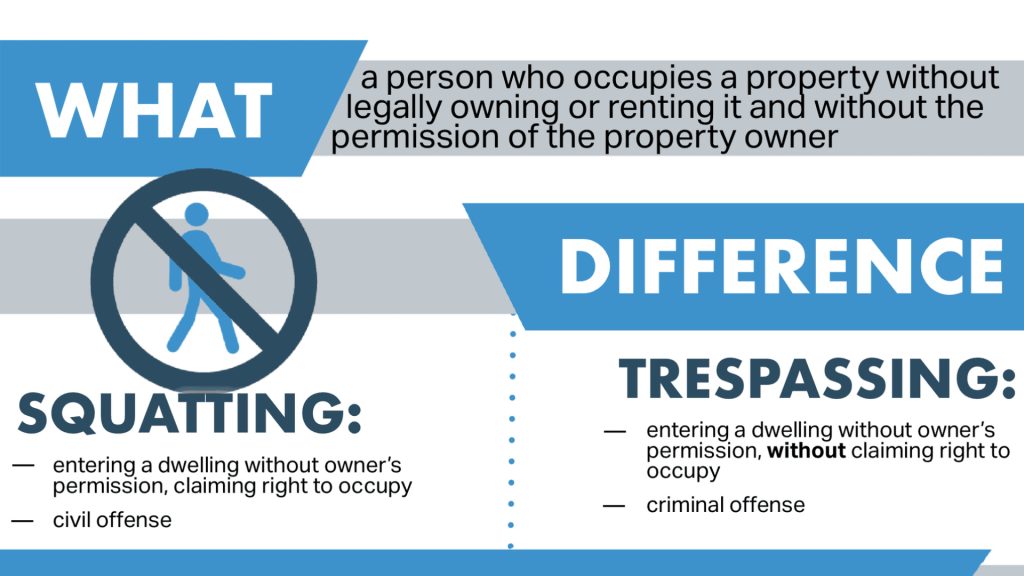
On the other hand, homeowners have the legal right to protect their property. However, some have taken matters into their own hands, patrolling neighborhoods and confronting alleged squatters.
Flash Shelton Cracking Down on Squatters
In Los Angeles, Flash Shelton has made it his mission to crack down on squatters. Dubbed the “Squatter Hunter,” Shelton’s viral videos show him confronting alleged squatters and getting them to leave properties.
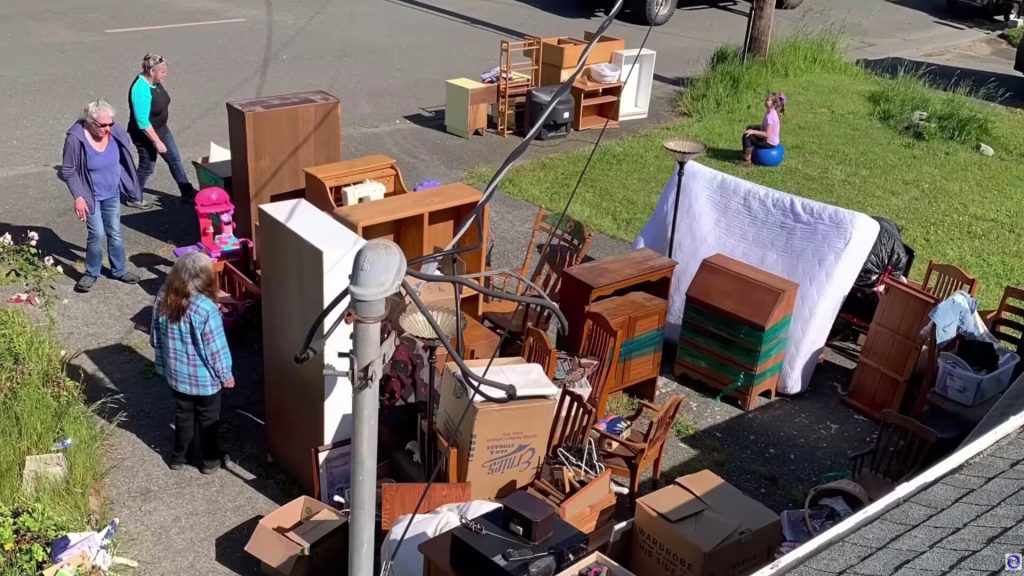
While vigilantism may seem like justice, it is illegal and dangerous. Lawmakers are working to amend laws to protect homeowners better.
Costly and Lengthy Eviction Process for Removing Squatters
Removing squatters from one’s property can be an arduous process for homeowners. Current laws make it difficult for property owners to evict squatters who have claimed adverse possession quickly.
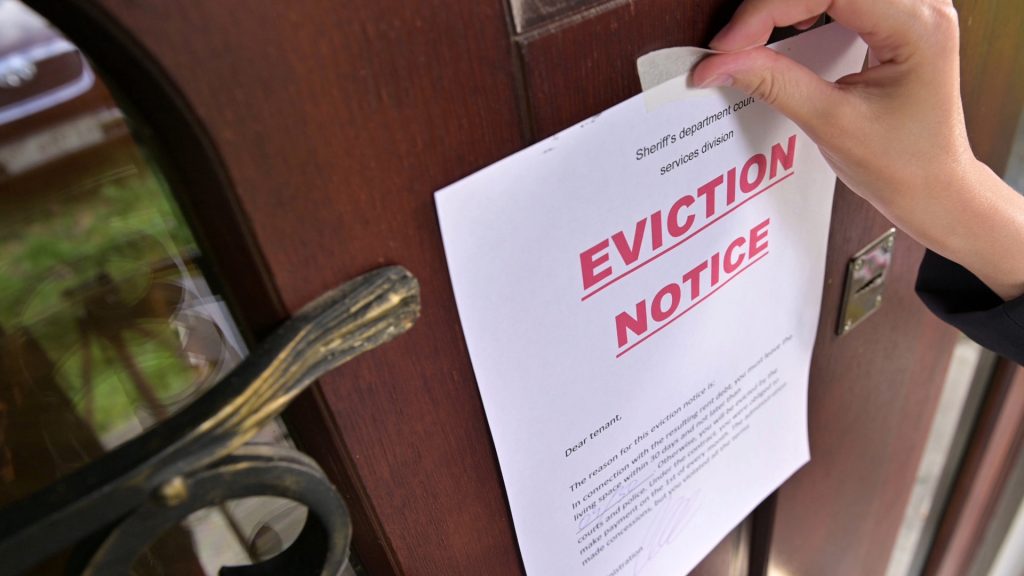
Homeowners must go through the court system to legally remove squatters, which can take weeks or months and cost thousands of dollars in legal fees.
Squatters Turning Violent Against Homeowners
With the increasing incidents of squatters occupying properties across the U.S., some homeowners are finding themselves in dangerous confrontations.
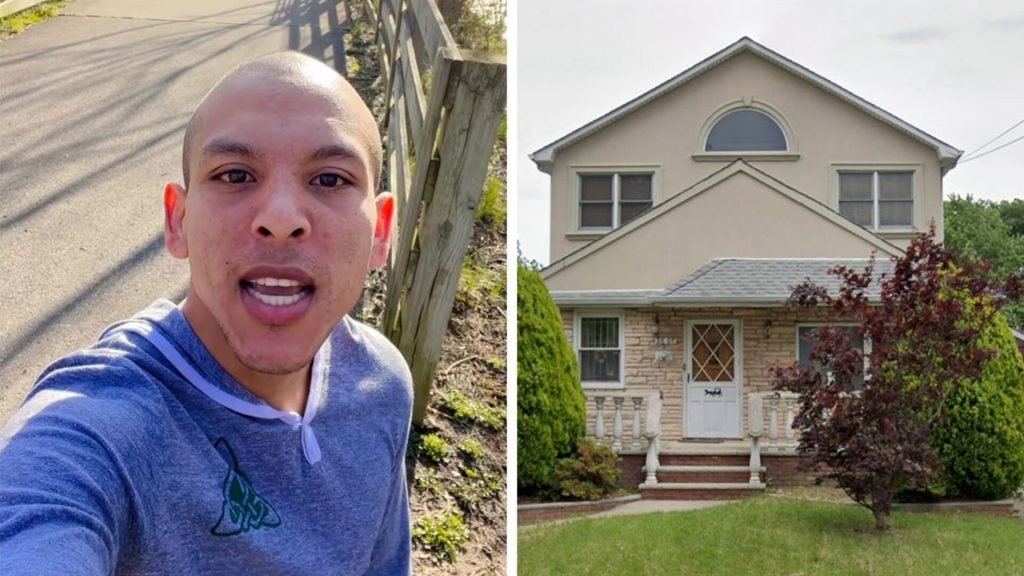
As homeowners try to reclaim their properties, a few squatters have turned violent. In a troubling case in New York last week, two suspected squatters were arrested for killing a woman.
Community Watch Groups Formed to Combat Squatters
To deal with the rise in squatter incidents, some communities have taken matters into their own hands by forming neighborhood watch groups.
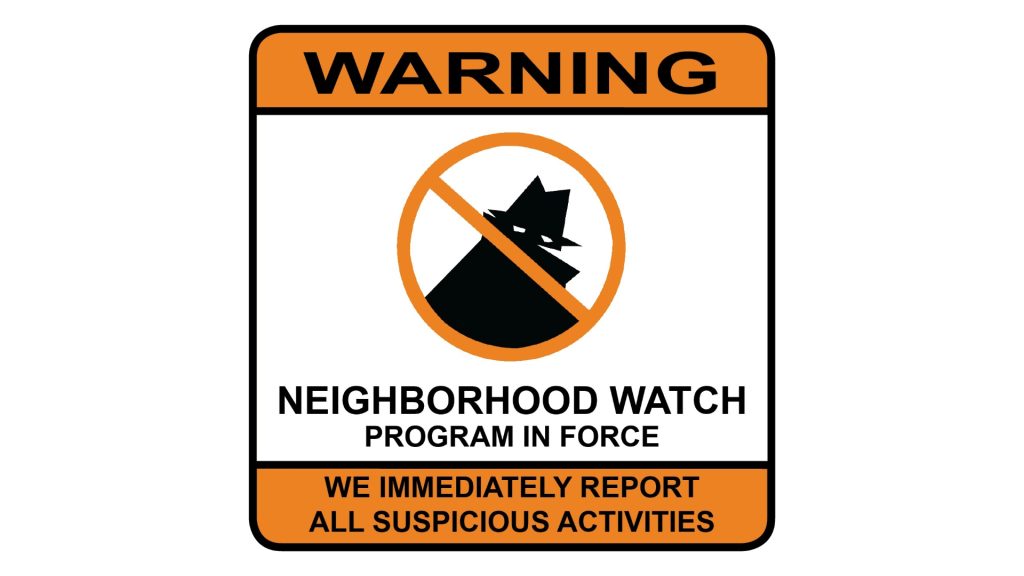
Other cities are following suit. A group in Jacksonville, Florida, has organized to prevent squatters from occupying abandoned or foreclosed homes after several incidents in their neighborhood.
Community Watch Groups Criticize For Potential Profiling
Some critics argue that community watch groups can lead to issues like racial profiling, privacy concerns, and vigilante justice. However, supporters counter that when local governments fail to take action, residents have a right to protect their communities.

Lawmakers are working to strengthen laws against squatting, but the process is slow. In the meantime, neighborhood groups aim to curb a crisis that leaves property owners feeling helpless and afraid in their communities.
Steps for Homeowners to Secure Properties Against Squatters
Homeowners should inspect their properties regularly, especially if they are vacant. Drive by the home if possible, or ask a neighbor to check on it.

Look for any signs of forced entry, like broken windows or locks. The sooner a squatter situation is detected, the easier it will be to remove the trespassers.
Improving Physical Security Can Deter Squatter
Install sturdy locks on all doors and windows, and consider an alarm system. Thorny bushes planted below windows can also deter intruders.

Motion-activated lights, security cameras, and “no trespassing” signs also help. These measures make the property a less attractive target and provide evidence for legal proceedings if squatters do gain access.
Home Owners Are Urged To Monitor Utility Usage
Homeowners should regularly check utility statements for their vacant properties. Suddenly, increased usage of water, gas, or electricity can indicate that squatters have moved in and are occupying the space.
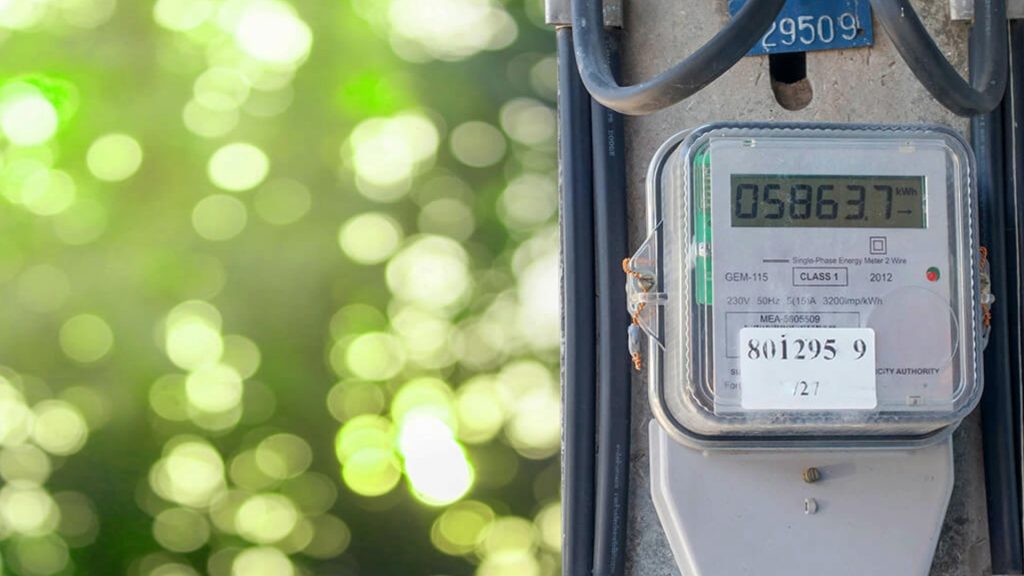
Utility companies can also put a “vacant property alert” on accounts to notify owners of any usage.
Consider Selling or Renting Quickly
For long-term vacant properties, selling or finding a tenant as soon as possible is the best way to avoid becoming a target.
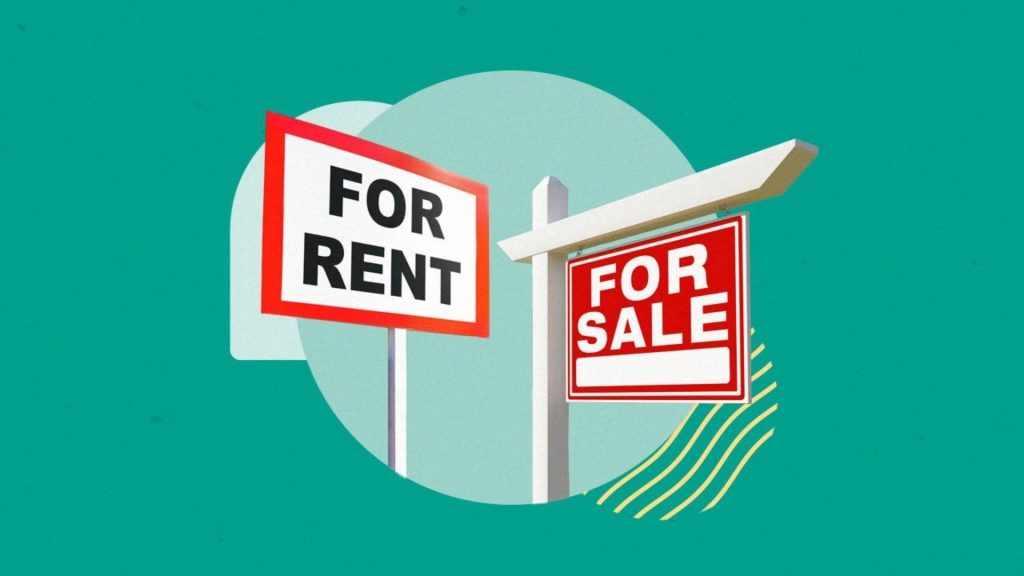
An occupied home with legal residents is far less attractive and vulnerable to squatters looking for a place to occupy unlawfully.
Lobbying for Stricter Laws Against Squatting
Squatter incidents have become such an epidemic that many homeowners are lobbying lawmakers to pass legislation making it easier to remove squatters from properties. Image 14 Source YouTube
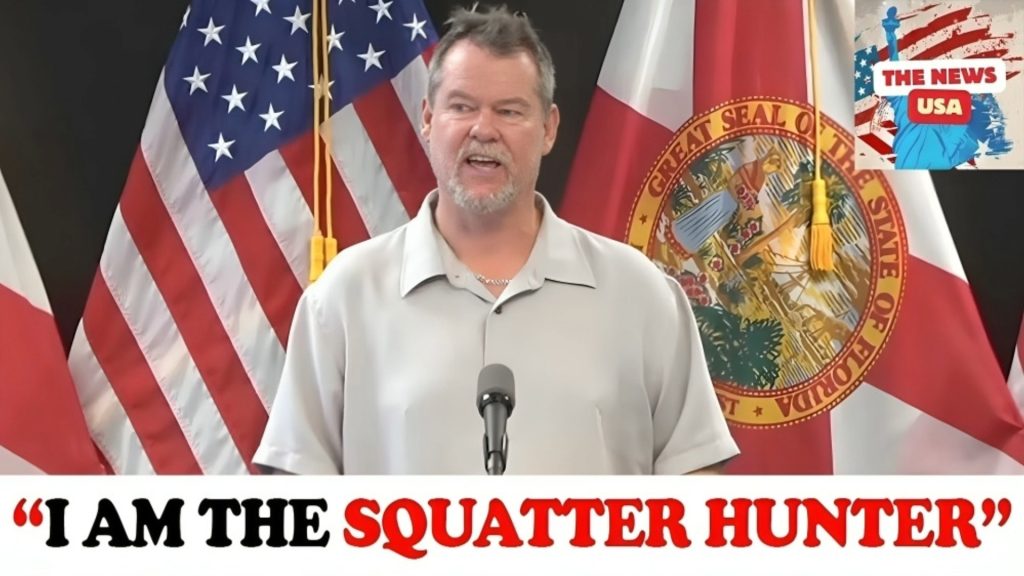
Stricter laws, clearer processes for removing squatters, and harsher penalties for those illegally occupying homes could help curb the rise in squatting and give greater protection to homeowners.

